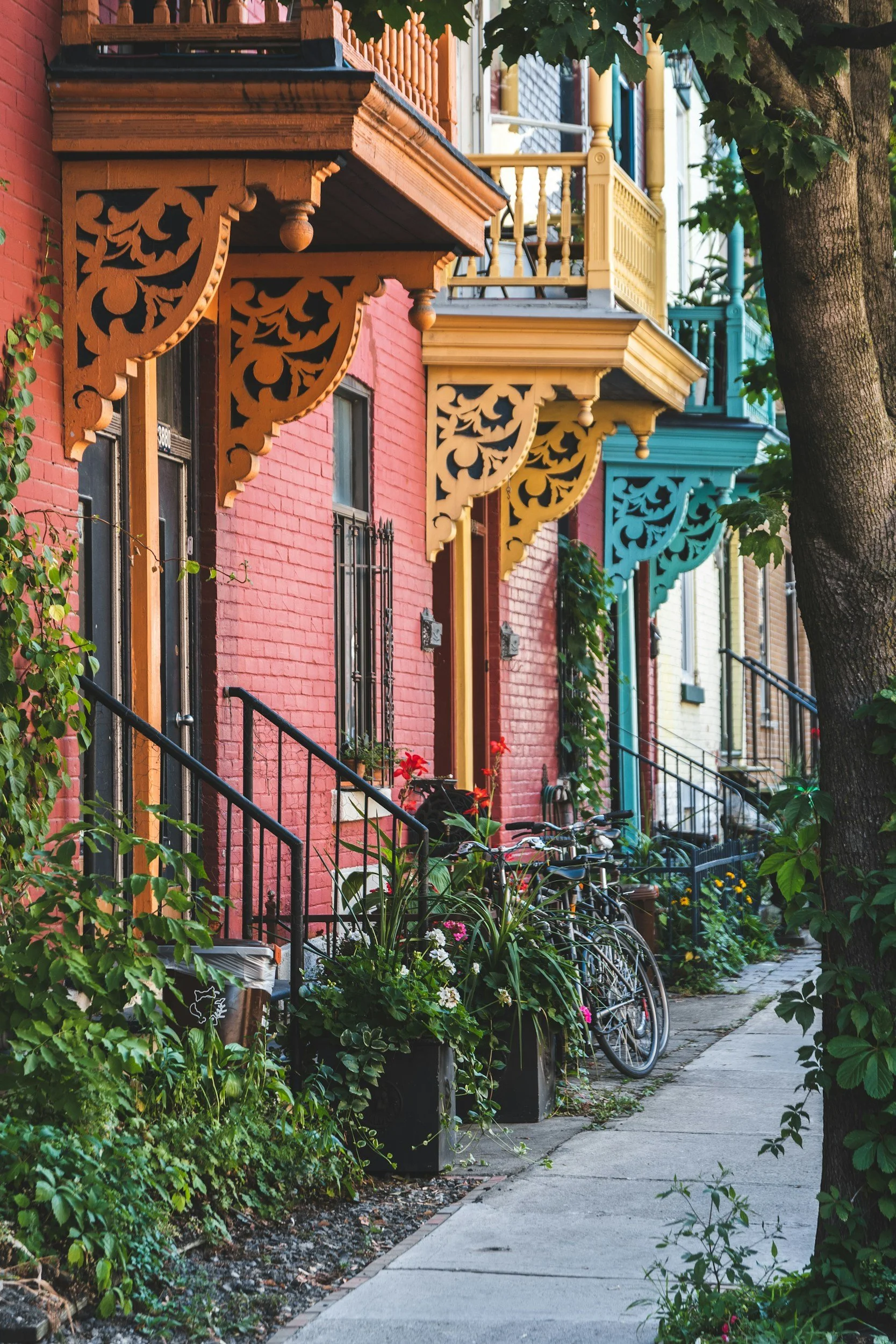Localization for Quebec
Québec is unique — culturally, linguistically, and legally. Learn how to engage your audience, build trust, and comply with local regulations.
84%
of Quebec residents say French is their first official language spoken.
Quebec at a glance
CA$17.8B
of Quebec residents say French is their first official language spoken.
8 out of 10
residents of Quebec prefer service and content in French.
8.5M
residents
Québec remains Canada’s Francophone core.
How are Quebecers different from the rest of Canadians
Québec Consumer Habits: A Blend of Tradition, Values, and Local Pride
In Québec, consumption is deeply intertwined with identity, tradition, and a strong sense of local pride. While French enjoys legal protections across Canada, in Québec, it’s more than a language—it’s a cornerstone of culture and daily life. Consumers expect brands not just to speak French, but to feel Québec.
84 % of Québec residents say French is their first language, and many place high value on gender equality, respect for diversity, and democratic rights. Statistics Canada
Québec shoppers are distinct: 46 % say they now buy more online than before the pandemic (lower than national averages), and 69 % frequently evaluate a retailer’s values—sustainability, ethics—before making purchases. Conseil québécois du commerce de détail
Communication style matters. Québécois often value directness, clarity, and honesty, and may prefer meaningful written messages over vague or flowery phrasing. Bureau de la vie étudiante
On culture and nuance: marketing that leans heavily on “Canada” rather than Québec might feel impersonal. Using Québec-specific references (holiday traditions like the sugar shack or saint jean, local music, regional food sensibilities) can help bridge emotional resonance.
Cultural Identity and Values
Québecers often prioritize values such as gender equality, inclusivity, and democratic rights. Their political landscape reflects a history of progressive stances on issues like abortion and LGBTQ+ rights. This cultural backdrop influences their consumer behaviors, where authenticity and alignment with personal values are paramount.
Shopping Preferences and Behaviors
Local Loyalty: A significant 82% of Québec consumers prefer purchasing from local retailers, driven by a desire to support the local economy and a sense of community pride. Retail Insider
Online Shopping Trends: Approximately 74% of adults in Québec engage in online shopping, a figure that has remained stable since 2021. However, there's a growing inclination towards supporting local e-commerce platforms over international giants. LinkedIn
Purpose-Driven Purchasing: Around 69% of online shoppers in Québec evaluate a retailer’s values, such as sustainability and ethics, before making a purchase, indicating a strong preference for brands that align with their personal beliefs. Conseil québécois du commerce de détail
Food Culture and Culinary Traditions
Food in Québec is more than sustenance; it's a celebration of heritage and community. Traditional dishes like poutine, tourtière, and fèves au lard are staples that reflect the province's rich culinary history. The sugar shack (cabane à sucre) experience, especially during spring, is a cherished tradition that brings people together to enjoy maple syrup-based delicacies. Plus de la moitié des résidents du Québec boivent des boissons sucrées tous les jours et ce chiffre est en augmentation.
Economic Outlook and Consumer Confidence
While consumer confidence in Québec has seen fluctuations, with recent surveys indicating a decline, the province continues to demonstrate resilience. In the first quarter of 2025, Québec led the increase in cardholder spending, up 6.3% compared to the same period in 2024, signaling a robust consumer base.
Québecois save more than their canadien counterparts (12% vs 6% average https://www.lapresse.ca/affaires/chroniques/2024-07-11/epargne/les-quebecois-sont-devenus-des-ecureuils.php)
The biggest win to investing in Quebec localization is brand loyalty. Pepsi, Walmart, and even McDonald's have all demonstrated the impact of localization and are three excellent examples of well-recognized, well-respected brands that operate in Quebec.
Add sources
In Canada, every province protects French through legal frameworks — but Québec is different. Here, language is not just a policy: it's core to identity. https://www.sqrc.gouv.qc.ca/documents/relations-canadiennes/politique-affirmation-en.pdf
Legal & Language Requirements
Québec’s language laws are complex and strict. Bill 101 (Charter of the French Language) mandates French as the dominant language in signage, customer communications, packaging, and workplace documentation.
Newer amendments under Bill 96 (and related laws) have made enforcement tougher: now, French must be “markedly predominant,” many employee materials must be fully in French, and non-compliance can lead to significant fines.
Any brand that overlooks these rules risks legal exposure and public relations damage — and as a result, your marketing team must see compliance not as optional but foundational.
Key provisions of Bill 96
Safeguarding French language in Quebec
Applies universally within Quebec, no exceptions
Mandates French proficiency for residents & newcomers
Affects all employers and workers
Requires foreign businesses to provide French translations for all communications & services
Why cultural fit matters
Language in Québec isn’t just a way to communicate — it’s a cornerstone of identity. That’s why direct translations often fall flat. Québec French has its own vocabulary, idioms, and tone (courriel vs. e-mail, magasiner vs. faire du shopping). Using the wrong words may not only sound foreign but also signal that your brand doesn’t “get” the market.
Missteps are more common than you’d think: referring to “Canada” when you mean Québec, relying on literal translations that read awkwardly, or adopting a robotic, non-human tone. These mistakes can quietly erode trust and limit your reach.
Small cultural cues make a big difference — from the imagery you choose, to seasonal campaigns (think Saint-Jean-Baptiste, not just Canada Day), to the way you speak to your audience. Trust isn’t won with a single launch. It’s built over time, through consistent, culturally resonant communication that shows Québecers you’re invested in them.










